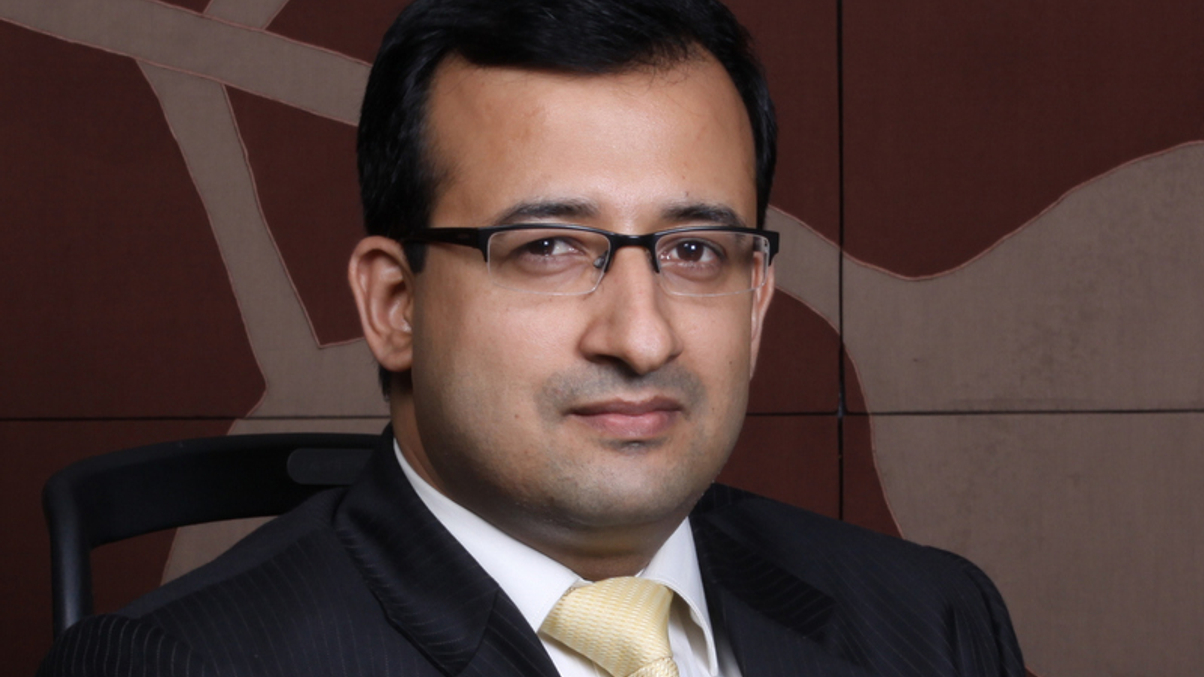Family office concept gains traction in India
As Mumbai-based Waterfield Advisors builds a multi-family office with the backing of tech tycoons the Patni brothers, others are said to be making similar moves in India.

In India, investment or advisory firms have tended to describe themselves as multi-family offices (MFOs) when looking to create and sell investment products to the rich, rather than because they offer a wide range of services needed by such clients. But awareness is growing – as it is elsewhere in Asia – that a different approach may be necessary.
Sign in to read on!
Registered users get 2 free articles in 30 days.
Subscribers have full unlimited access to AsianInvestor
Not signed up? New users get 2 free articles per month, plus a 7-day unlimited free trial.
¬ Haymarket Media Limited. All rights reserved.


